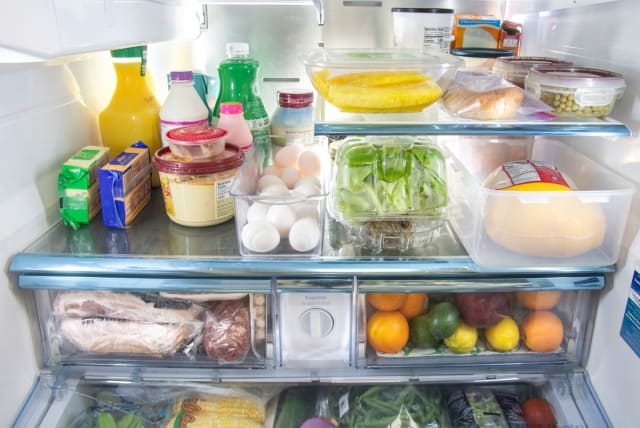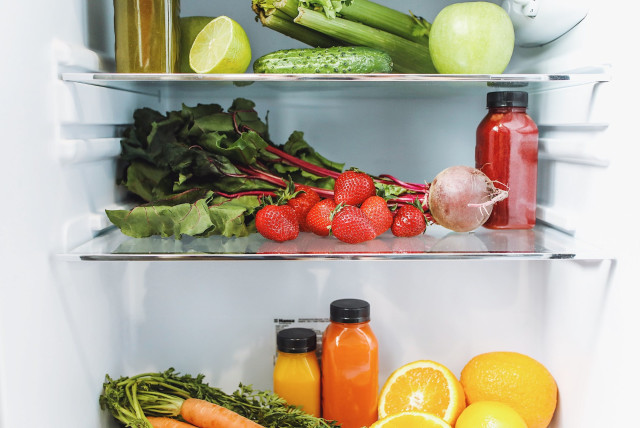Artificial 'nose' detects spoiled food and reduces waste

South Korean researchers have now developed an energy-efficient computing-based chip with smell-sensing units that can detect food spoilage.
Large amounts of food are thrown into the garbage because store managers don’t know if they’re spoiled, while others are left on shelves and in refrigerators even though they have gone bad but the staff don’t realize it.
South Korean researchers have now developed an energy-efficient computing-based chip with smell-sensing units that can detect food spoilage and provides real-time conditions continuously throughout the spoilage process.
The system is described in a study just published in Advanced Science entitled “Energy Efficient Artificial Olfactory System with Integrated Sensing and Computing Capabilities for Food Spoilage Detection.”
How do electronic noses work?
Other electronic noses – artificial olfactory systems or AOSs – have been developed in the past, but they have numerous limitations including high energy consumption, time delays, and data loss.
“Our artificial olfactory system is extremely energy- and area-efficient since the sensing and processing units are integrated and operate concurrently like a biological olfactory system,” said corresponding author Prof. Jong-Ho Lee of the electrical and computer engineering department of Seoul National University.”
The team said their new AOS requires little energy and integrates sensing and computing units on the same chip. It detects food spoilage by employing thin zinc oxide films that sense even very low levels of hydrogen sulfide and ammonia gases that are high-protein food spoilage markers.
When investigators tested it during the spoilage process of chicken tenderloin, the system continuously tracked freshness scores and food conditions over time. The platform could be used for various applications by adjusting the gas-sensing materials and other parameters.
Jerusalem Post Store
`; document.getElementById("linkPremium").innerHTML = cont; var divWithLink = document.getElementById("premium-link"); if (divWithLink !== null && divWithLink !== 'undefined') { divWithLink.style.border = "solid 1px #cb0f3e"; divWithLink.style.textAlign = "center"; divWithLink.style.marginBottom = "15px"; divWithLink.style.marginTop = "15px"; divWithLink.style.width = "100%"; divWithLink.style.backgroundColor = "#122952"; divWithLink.style.color = "#ffffff"; divWithLink.style.lineHeight = "1.5"; } } (function (v, i) { });

